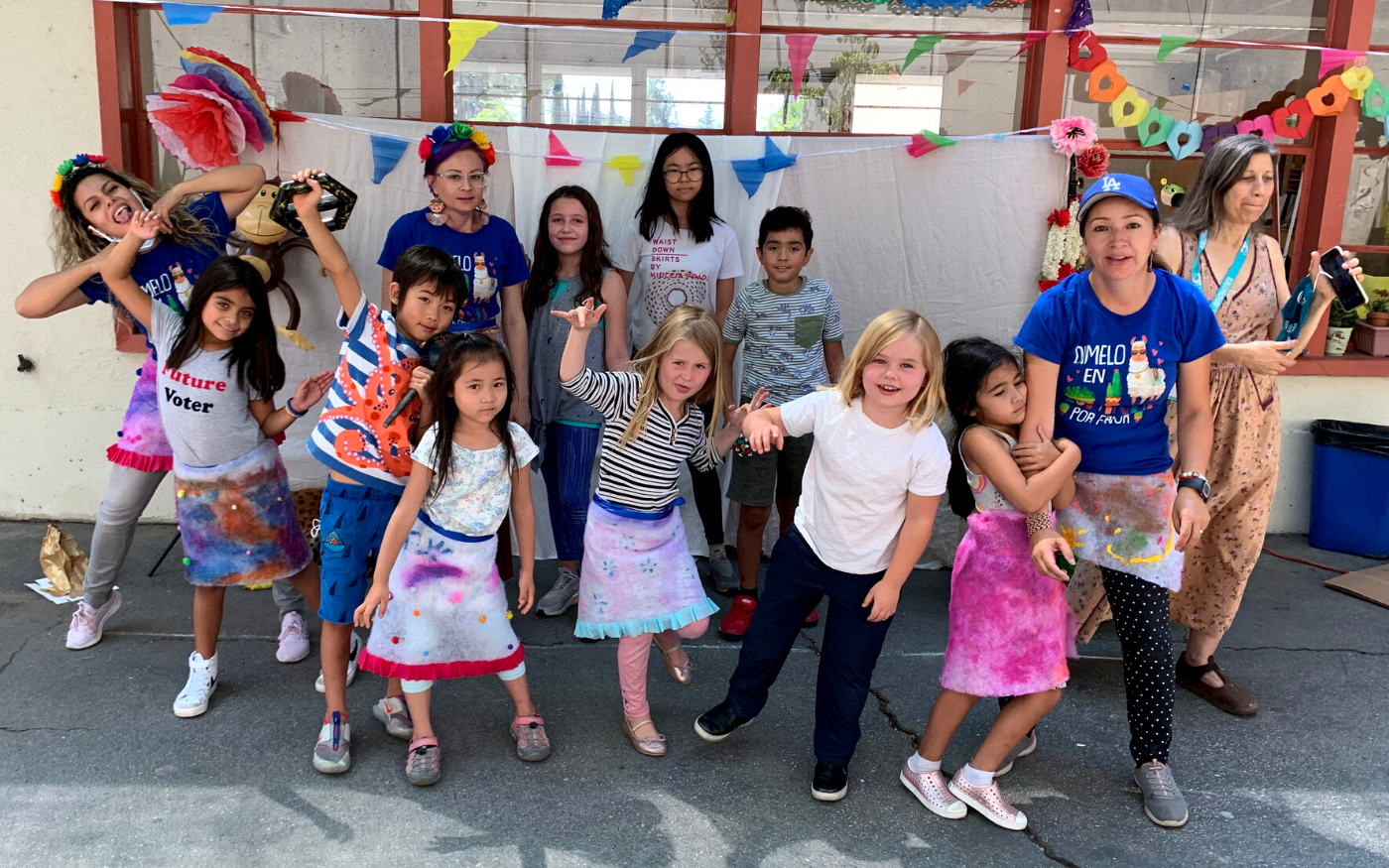recent articles
Get the most up to date information, insights, and techniques from our premiere immersion learning specialists!

Spanish is one of the world’s most popular second languages with somewhere in the region of 20 million students currently studying it in some capacity—and it’s no small wonder why! Spanish is a beautiful and widely-used language, and combined with its countless other benefits, it truly stands out among the other options available.
It goes without saying that native Spanish teachers know the target language very well—they have a lifetime of experience with it, after all. This experience enables them to give their students insight into the associated culture that a non-native teacher would find difficult to provide, and they know things about their language that a non-native teacher might find impossible to learn. For instance, they can more easily point out dialectical variations that a non-native teacher might be unfamiliar with, and in general, native teachers can provide their students with an excellent role model in terms of pronunciation. But the benefits of choosing a native speaker go even further—here are just a few of them!

Overall, conversing with a native speaker during lessons enhances your ability to talk to native speakers outside of class. Familiarizing yourself with common native speech patterns and lingo makes it easier to understand native speakers, thus aiding in building confidence in using the language for communication more regularly—and at the end of the day, that confidence is what most of us are striving for!
Get the most up to date information, insights, and techniques from our premiere immersion learning specialists!
// this hack forces VvPrismVars' output style block to cascade after the prismjs css does